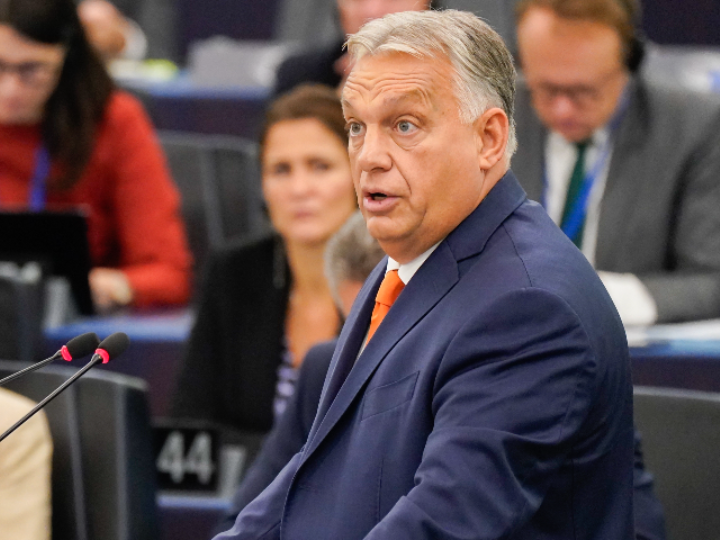by Benjamin Fox
International Trade Secretary Liz Truss and the US trade representative Robert Lighthizer began two weeks of talks by videoconference involving over 100 officials from either side.
The UK is hoping to capitalise on its new-found ability to strike free-trade deals by increasing opportunities for exports of cars, ceramics, whisky and cheese, while the US stated in its set of objectives last year that it would seek full access for US agricultural products and reduced tariffs for US manufactured goods to the UK market.
Boris Johnson’s government has ear-marked the US, Australia, New Zealand and Japan for its post-Brexit trade agreements. The US, its largest single trade partner, accounts for nearly 19% of all UK exports in 2018 and 11% of imports.
Talks with the EU have made little progress since the UK left the bloc on 31 January. With only two further rounds of talks before a June summit will decide whether a deal can be reached this year, and the UK refusing to countenance an extension to the post-Brexit transition period, the prospect of EU-UK trade reverting to World Trade Organisation terms in 2021 has increased.
On Tuesday, Irish Deputy Prime Minister Simon Coveney admitted that the talks were not progressing well, adding that “time is short and there’s an awful lot to do,”
The UK Department for International Trade’s analysis has suggested that a US-UK pact would be more about political symbolism than economic gain. Britain’s economy would be just 0.16% bigger over 15 years – equivalent to £3.4 billion – if all tariffs with the US were eliminated. The UK currently runs a £45 billion (€50 billion) annual trade surplus with the US.
Although the UK has targeted a deal with the US before the end of 2020, in line with its plans to strike a post-Brexit deal with the EU this year, November’s presidential and congressional elections in the US make a speedy agreement unlikely.
Trade analysts suggest that while there is plenty of motivation for Johnson and US President Donald Trump to move speedily and give both men a quick political win, a trade deal is unlikely.
UK business leaders have given the US-UK trade talks a cautious welcome, with British Chamber of Commerce Director General Adam Marshal stating that “strong trading arrangements with both the European Union and USA will support recovery and future growth.”
Although Johnson’s 80-seat majority in the House of Commons means he is unlikely to encounter difficulties passing a UK-US trade pact, there is already public concern that Washington will seek access to the National Health Service’s procurement markets, and for its chlorinated chicken and hormone-treated beef to be sold in the UK.
Johnson has vowed to drive a “hard bargain” and UK International Trade Secretary Liz Truss has said Britain will not lower its food safety standards,
“We are still seeing a divide in government between those who want to sign whatever the US puts in front of it,” Sam Lowe, a trade expert at the Centre for European Reform and a member of the UK government’s Strategic Trade Advisory Group, told EURACTIV.
“The US, as with the EU, tends to get what it wants,” said Lowe.
*first published in: www.euractiv.com




 By: N. Peter Kramer
By: N. Peter Kramer

